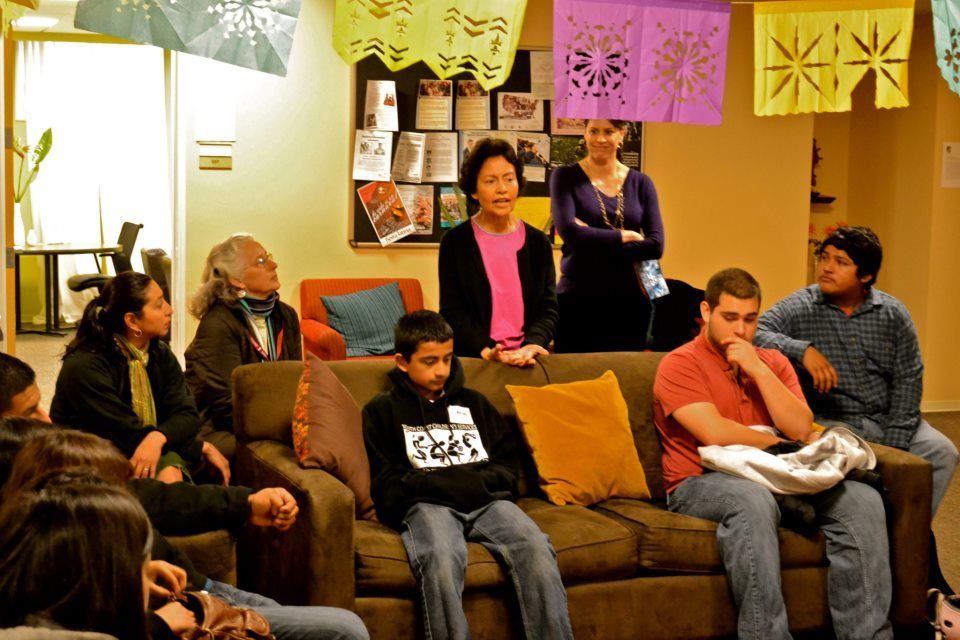For many first-generation high school graduates, going to college starts with a vision. They have to see themselves on campus, in the classroom, in the library. Studying, making friends, and succeeding.
But how can you begin to imagine spending four years at Stanford, or a CSU, for example, if you grew up on a farm?
“When you’re from a different socioeconomic background, you grapple with how you fit in at college,” says Emeritus Professor of Medicine, Marilyn Winkleby, a health researcher and epidemiologist at Stanford.
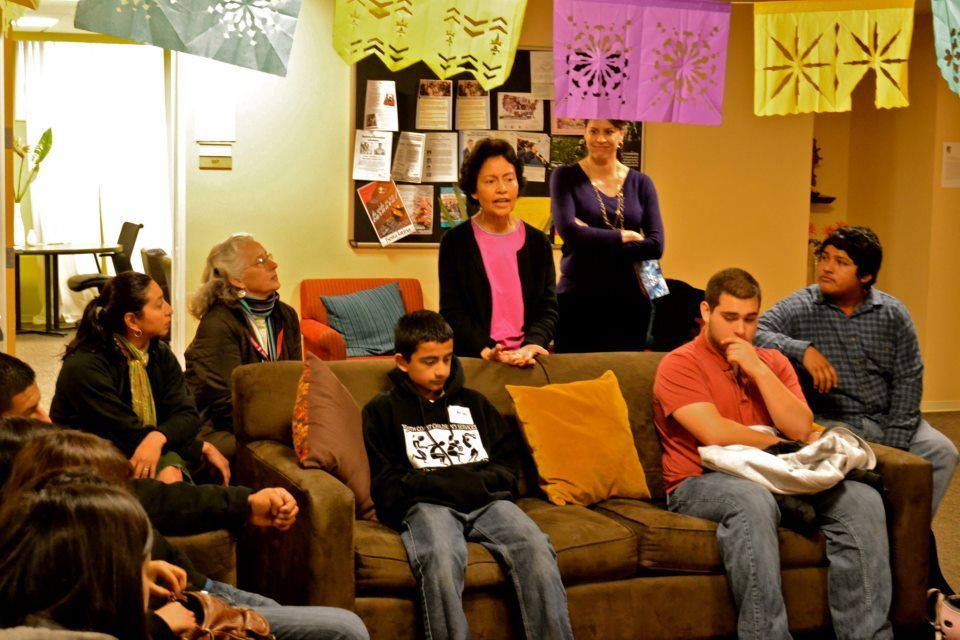
Winkleby would know. She grew up very modestly in a rural town in Southern California. Her parents, who had not gone to college, raised avocados and chickens on 2-acre farm. When she graduated from high school in the 1960s, Winkleby enrolled at Sacramento State because the tuition cost only $52 per semester.
“I didn’t know how to navigate the system. I didn’t even know there was a difference between colleges. My parents always said, ‘Just go to college,’ says Winkleby.
Winkleby’s new nonprofit, the Access to Achievement Education Foundation, has provided Puente with a $5,000 education grant to help smooth students’ transition between high school and college and to provide concrete experiences that enable them to have first-hand experiences of life at college.
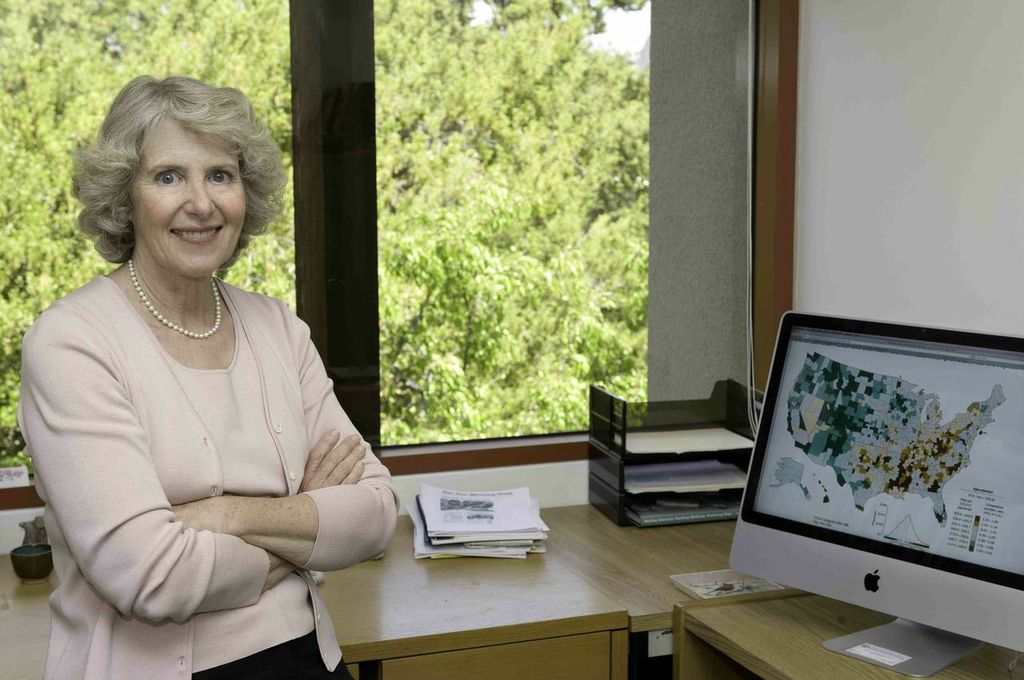
Many promising youth struggle to afford basic necessities for school. For some students, that can mean book fees or gas cards to attend educational conferences or competitions. In Puente’s case, the bulk of the money has gone toward big-picture college planning ventures, like Puente youth trips to Stanford, Foothill and Cañada Colleges. The field trips included student panels, staff and faculty presentations tailored to the first-generation, primarily Latino students.
“We had 7-10 students at each school talk about their individual experiences, what mistakes they’d made and what advice they would offer,” says Suzanne Abel, Puente’s Academic Director.
The biggest single event supported by the grant is Puente’s second annual Career Night on May 17, an evening of talks with 10 Latino, bilingual first-generation college graduates who are leading successful careers in a variety of fields. Career Night will draw as many as 150 students and their parents, making it one of the larger events in town.
“There are always things we want to do to help kids imagine college, but we don’t have dedicated funds to do it. So it’s really nice to have money we can invest in these specific efforts,” says Abel.
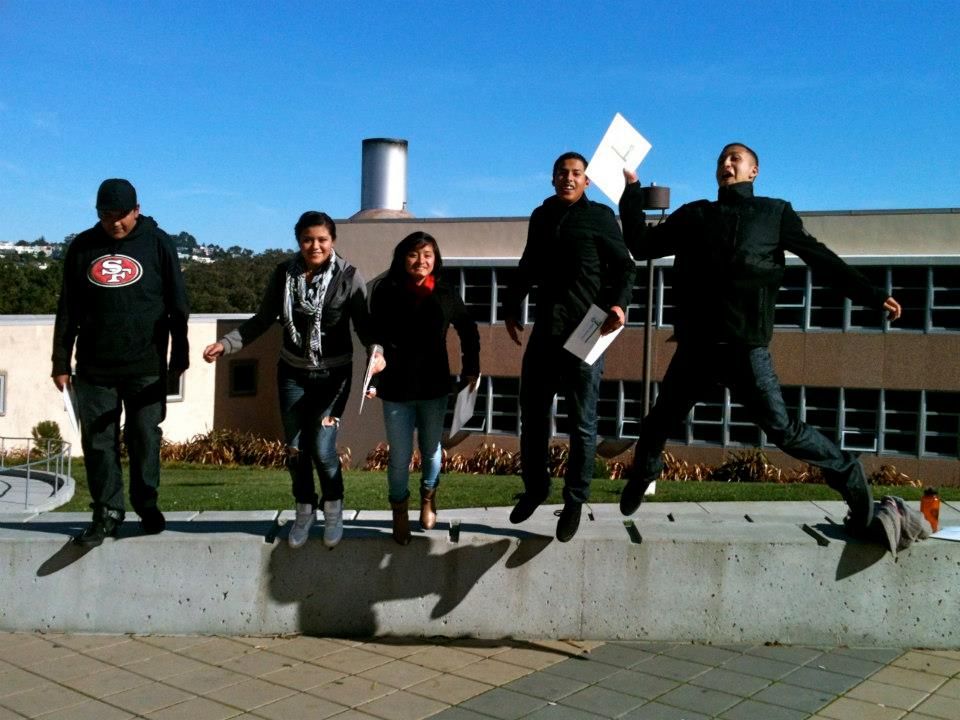
The grant money will also help Puente launch summer classes in Algebra 2 and language arts with a focus on journalism and digital storytelling. The classes will help students earn additional credit and/or improve a low grade from the prior academic year. The La Honda-Pescadero Unified School District does not offer summer school for high schoolers, but is co-funding the Puente classes.
Finally, Puente is working on a re-launch of a UC Santa Cruz mentoring program, which will allow students from UCSC to work with high school students in Pescadero. The Pescadero youth will meet real-life college role models, and the college students get leadership and service experience in a public educational context.
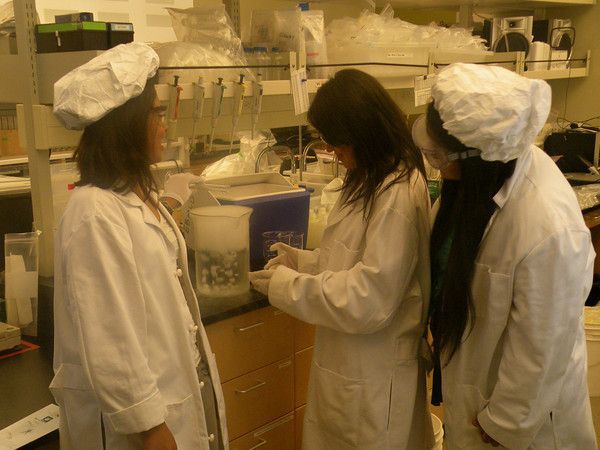
Winkleby’s ultimate goal – to give students the tools to reach their potential – has much in common with her Stanford Youth Medical Science Program, which brings 24 gifted science students from low-income backgrounds to Stanford each summer. Nearly 550 students have graduated from the program since Winkleby founded it with two students almost 25 years ago. Many students go on to pursue degrees in a medical field. But they also retain their links with the places they grew up in, and carry the ball forward by making a difference in those communities.
“They become the educated ones, and the role models,” says Winkleby.

